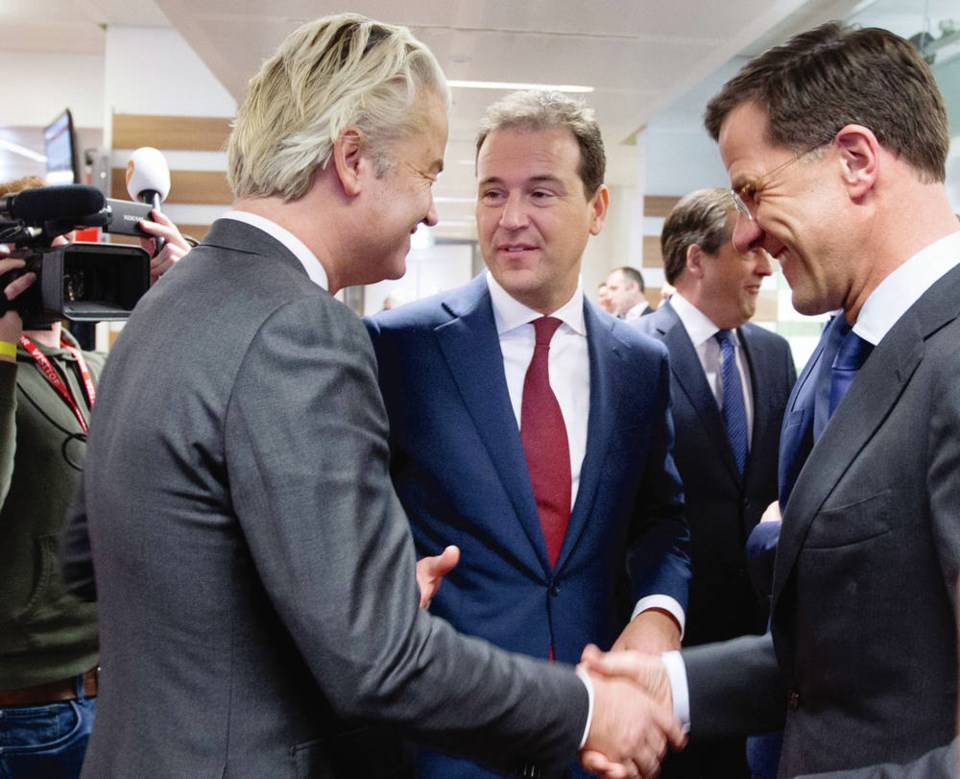When the pandemic first emerged, I wrote a column questioning the future of the handshake. This week, a colleague reminded me of that column and asked me if I think handshakes are gone for good.
It was a really interesting question, and as I thought about it, I felt like I was reminiscing about simpler times. I have heard some people say that they won’t be shaking hands anytime soon, if ever, but I think I might enjoy a handshake. There is going to be something nostalgic about shaking hands with someone.
I have raised the question a few times with friends and each time I do, the conversation always leads to the topic of consent. There will be people who want to shake hands and others who will want to keep their distance.
As we navigate our way through this new world, we will need to ask permission to shake hands and be fully aware that “no” is a perfectly acceptable answer and does not require justification.
Pre-pandemic in a business setting when someone extended their arm, it was nearly an obligation to shake hands. I do not recall ever seeing someone decline a handshake, and I know a refusal would have raised eyebrows.
Now, we are all hyper-aware of the value of assessing the comfort level of others. Before extending an arm, I think the common phrase will be: “May I shake your hand?”
If you think about it, the post-pandemic handshake is going to a beautiful lesson in consent for everyone, and it will extend far beyond handshakes.
During the pandemic, we have learned a lot about respecting people’s comfort levels regarding personal space, having people enter their homes, choosing to work from home, or keeping children home from school. We have learned to respect and accommodate these comfort levels, knowing there is not a one-size-fits-all answer.
A friend told me a story about a time when a man in a business setting requested she give him a hug, and she felt pressured to do so. A male co-worker saw this and offered to hug the man instead, and the man declined. Far too often, instances like this have occurred where no one stepped in to help. Many people have been pressured into things they would rather not do.
As my friend told me this story, she said: “I don’t think I’ll ever feel awkward about saying no to an unwanted hug again.”
I do not recall being educated on consent when I was younger, and I do not know one female who does not have a story about feeling pressured and not feeling able to say “no.” Consent affects everyone and is not limited to one gender.
Having conversations about consent reinforces our rights as individuals and the rights and wishes of others.
Even before the pandemic, the topic of consent was garnering more and more attention.
People are learning that everyone has the opportunity to revoke consent at any time. Someone can say “yes” and then change their mind, and that needs to be respected.
When we bring consent into the forefront for things such as handshakes, it normalizes the importance of asking for consent and providing consent. That can lead to a better societal understanding on consent and hopefully make a difference when it comes to situations such as date rape and other forms of sexual assault.
charla@makola.bc.ca
Charla Huber is the director of communications and Indigenous relations for M’akola Housing Society.



